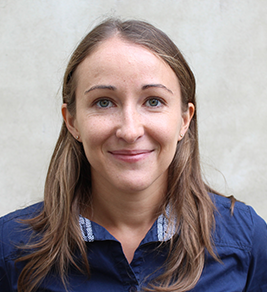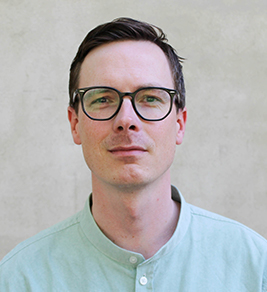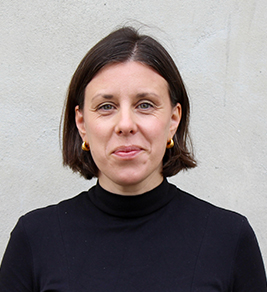The objective of this knowledge overview of the project “Service provision and access to services in Nordic rural areas – secure, trusted and for all ages” is to analyse how essential service needs for different types of societal groups and ruralities can be understood and defined, and how solutions to rural service provision challenges can be organised.
The project is part of an assignment from the Nordic Thematic Group for Green and Inclusive Rural Development, which is a part of the Nordic Co-operation Programme for Regional Development and Planning.
The models for welfare services in the Nordic countries share many similarities. The ‘Nordic models’ is underpinned by a ‘social contract’ which entails collective responsibilities of the society to provide certain services and fulfil human needs, for example, health and social care and education. Due to demographic change, the effects of climate change, globalisation and other factors, the demand for services is changing fast. These changes affect service provision in rural regions, as the general population decrease poses challenges to rural public authorities, which have to adapt their activities to the shrinking population, which is made up of fewer young people and more older people. Rural-specific responses are also required in risk analyses so that the rural environments and distances involved are taken into account and multi-stakeholder networks established to work together in the event of climate-related or other types of emergency.
This report is the result of work conducted for the Nordic Thematic Group for Green and Inclusive Rural Development. This group brings national and regional development representatives and experts together to develop and share new knowledge and to create Nordic added value through collaboration. The group provide valuable input to policymakers and planners at the national, regional, local, and cross-border levels to develop and plan for green and inclusive rural areas across the Nordic Region. The group decides together what activities to conduct, and the researchers involved are responsible for the implementation and results.
Related Staff
Related Research Projects
- Service provision and access to services in Nordic rural areas – secure, trusted and for all ages
- Regional collaboration on service provision and social innovation
- Regional disparities and the geography of service within the Nordic countries
- The organisation of social services and care in sparsely populated areas in the Nordics
- Smart Adaptation to Rural Realities: Approaches and practices in Nordic municipalities and regions





